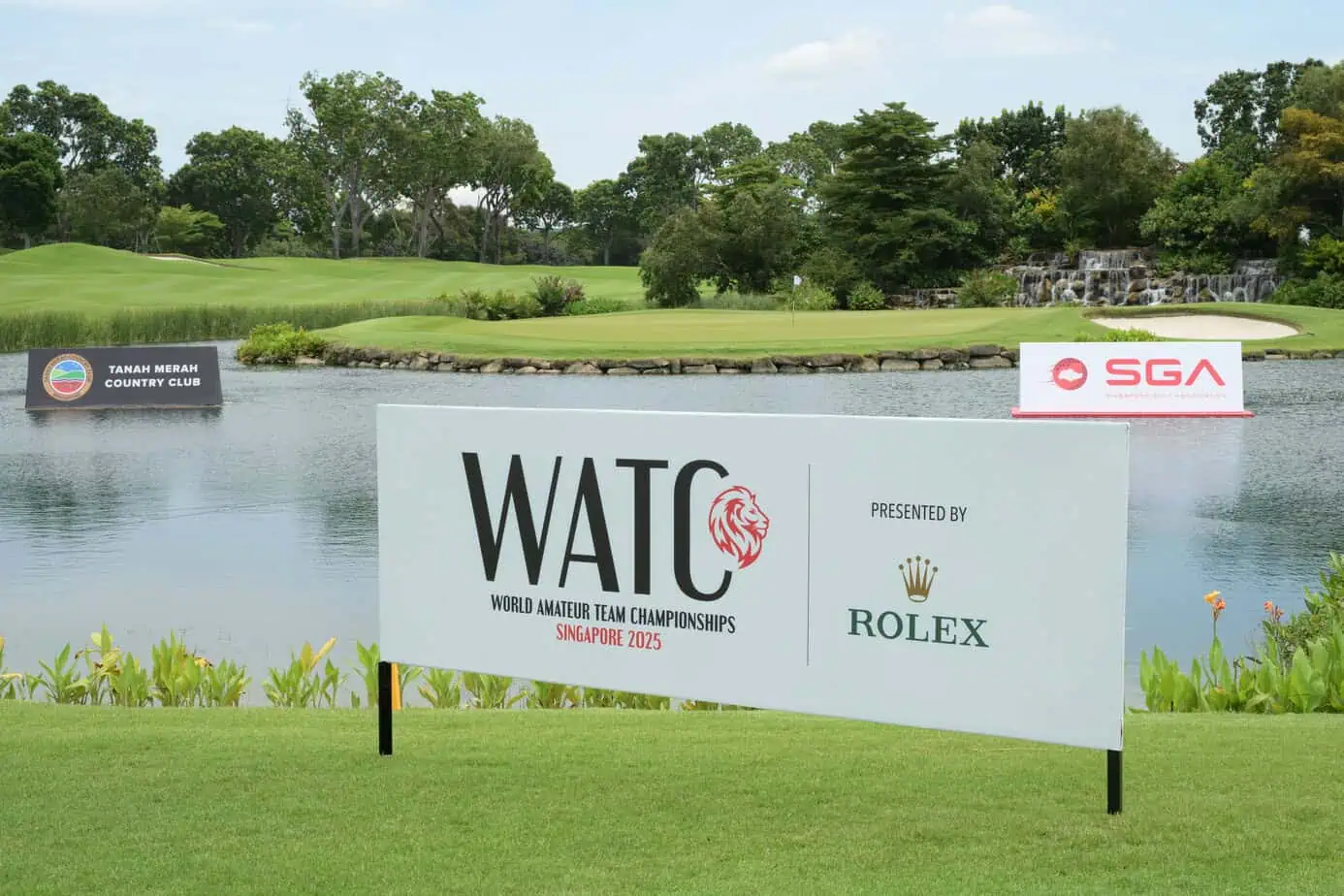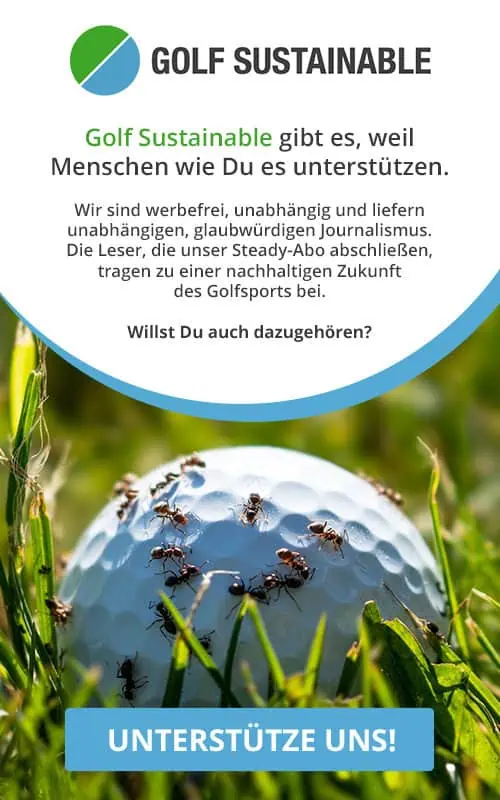How do international golf federations implement their sustainability strategies at tournaments? The International Golf Federation is providing a positive example as part of the World Amateur Team Championships (WATC) in Singapore. The tournament is being held at the Tanah Merah Country Club (TMCC), a GEO-certified facility that meets high environmental standards. The club had already worked intensively on sustainable course maintenance and resource conservation in the run-up to the tournament, and is considered one of the pioneers in Singapore for the integration of environmental management into tournament operations.
No single-use plastic
A central component of the IGF strategy is the consistent reduction of single-use plastic, which is otherwise very common in Asia. The entire tournament is organized PET-free: players, officials and helpers receive reusable drinking bottles, while fixed water stations have been installed throughout the grounds. Sustainability is also a priority when it comes to catering – regional, organic and plant-based dishes are served in compostable or recyclable packaging.
The IGF also pays particular attention to the responsible use of food. Surplus food is donated to local organizations to avoid waste and at the same time assume social responsibility. Transport for participants and guests is largely bundled in order to reduce emissions; shuttle services are optimized and the use of public transport is specifically promoted.
Sustainability also plays an important role in organizational terms: all communication and information materials are provided digitally in order to minimize paper consumption. At the same time, the TMCC promotes the protection of local biodiversity – for example by installing nesting aids for native bird species.
Sustainability report is prepared
In order to transparently document the effectiveness of these measures, the IGF announced the publication of a comprehensive sustainability report, which is due to appear by the end of 2025. It will not only summarize the results of the WATC, but also serve as a guide for future international golf events.
During the tournament, IGF Managing Director Antony Scanlon emphasized that golf can play an active role in global change towards more sustainability: “These initiatives reflect our deep commitment to sustainability and our belief that sport can be a powerful force for environmental good.”








